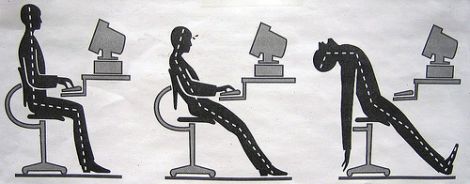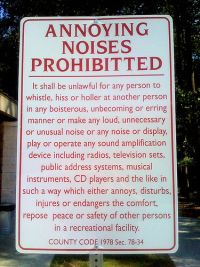
Well I’m in the working world again. I’ve found myself a well-paying gig in the engineering industry, and life finally feels like it’s returning to normal after my nine months of traveling.
Because I had been living quite a different lifestyle while I was away, this sudden transition to 9-to-5 existence has exposed something about it that I overlooked before.
Since the moment I was offered the job, I’ve been markedly more careless with my money. Not stupid, just a little quick to pull out my wallet. As a small example, I’m buying expensive coffees again, even though they aren’t nearly as good as New Zealand’s exceptional flat whites, and I don’t get to savor the experience of drinking them on a sunny café patio. When I was away these purchases were less off-handed, and I enjoyed them more.
I’m not talking about big, extravagant purchases. I’m talking about small-scale, casual, promiscuous spending on stuff that doesn’t really add a whole lot to my life. And I won’t actually get paid for another two weeks.
In hindsight I think I’ve always done this when I’ve been well-employed — spending happily during the “flush times.” Having spent nine months living a no-income backpacking lifestyle, I can’t help but be a little more aware of this phenomenon as it happens.
I suppose I do it because I feel I’ve regained a certain stature, now that I am again an amply-paid professional, which seems to entitle me to a certain level of wastefulness. There is a curious feeling of power you get when you drop a couple of twenties without a trace of critical thinking. It feels good to exercise that power of the dollar when you know it will “grow back” pretty quickly anyway.
What I’m doing isn’t unusual at all. Everyone else seems to do this. In fact, I think I’ve only returned to the normal consumer mentality after having spent some time away from it.
One of the most surprising discoveries I made during my trip was that I spent much less per month traveling foreign counties (including countries more expensive than Canada) than I did as a regular working joe back home. I had much more free time, I was visiting some of the most beautiful places in the world, I was meeting new people left and right, I was calm and peaceful and otherwise having an unforgettable time, and somehow it cost me much less than my humble 9-5 lifestyle here in one of Canada’s least expensive cities.
It seems I got much more for my dollar when I was traveling. Why? Read More





 I'm David, and Raptitude is a blog about getting better at being human -- things we can do to improve our lives today.
I'm David, and Raptitude is a blog about getting better at being human -- things we can do to improve our lives today.
Love this one. The meditation is easy - the exercise (regular) not so much. I tend to 'rest on my laurels' as I taught fitness for 18 years - then did a bunch of other physical stuff. LOVE your photos and captions, David. Hardly any comments?? Maybe people are either...